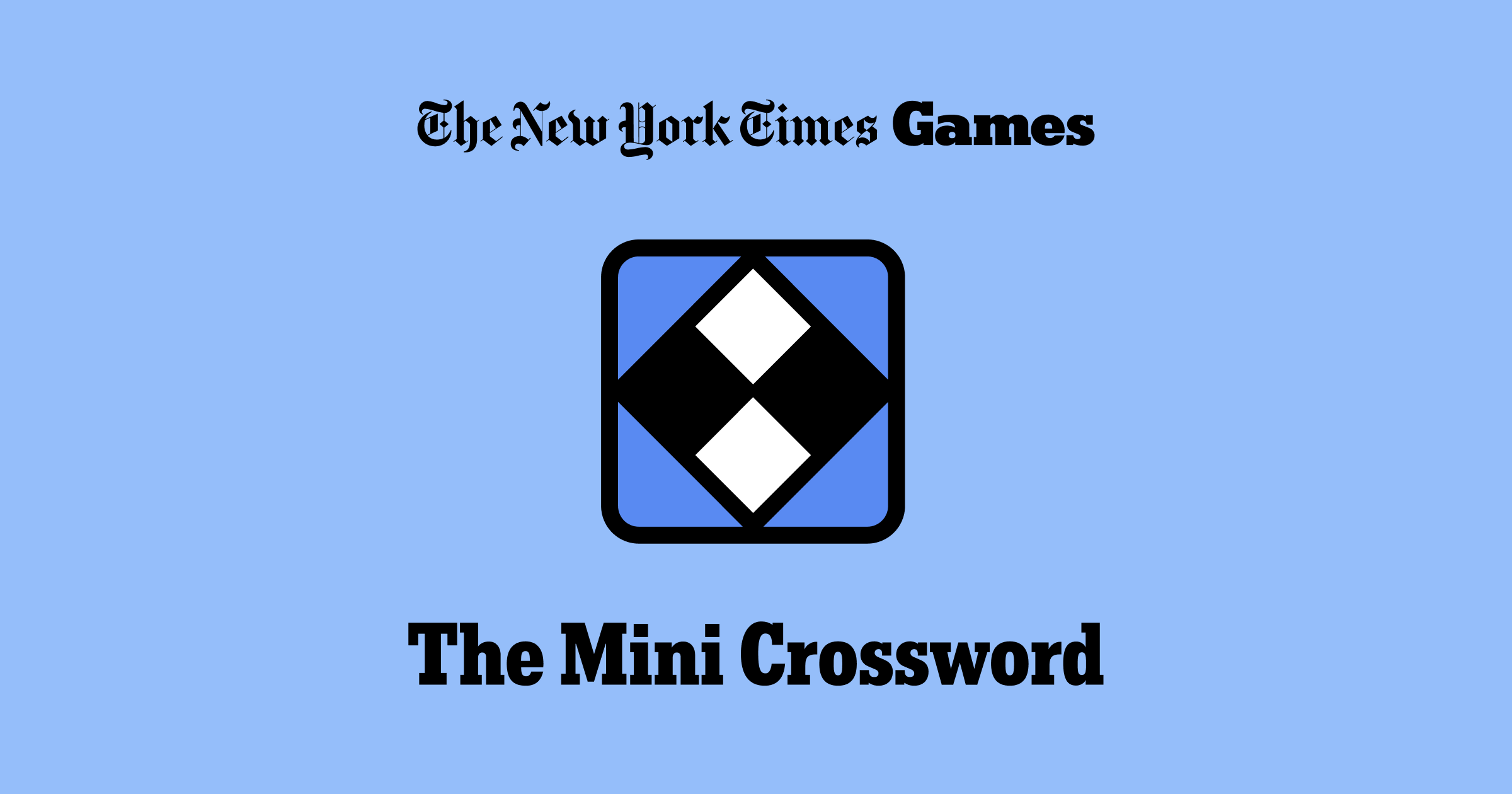Meta's Monopoly Trial: FTC's Shifting Strategy

Table of Contents
The Initial FTC Case Against Meta
The FTC's initial complaint against Meta centered on its acquisitions of Instagram and WhatsApp. The agency argued that these acquisitions, far from being beneficial mergers, were strategically orchestrated to eliminate potential competitors and solidify Meta's dominance in the social media market.
- Allegations of leveraging market dominance: The FTC claimed Meta used its existing power to stifle competition, leveraging its vast user base and resources to prevent rivals from gaining traction.
- Preventing the emergence of rivals: The core argument was that by acquiring Instagram and WhatsApp, Meta prevented the rise of alternative social media platforms that could challenge its market share. This, the FTC contended, violated Section 7 of the Clayton Act, which prohibits mergers and acquisitions that substantially lessen competition.
- Focus on the acquisition process: The initial strategy heavily emphasized the circumstances surrounding the acquisitions, aiming to demonstrate Meta's intent to suppress competition.
The Shifting Focus of the FTC's Argument
Since the initial filing, the FTC's legal strategy has demonstrably evolved. While the acquisitions remain a central element, the agency's focus has broadened significantly.
- Shifting emphasis from acquisitions to current practices: The FTC's case now appears to place increased weight on Meta's current market practices, rather than solely relying on the legality of past acquisitions. This involves scrutinizing Meta's data collection practices and algorithms.
- Increased focus on data privacy: The FTC's argument increasingly incorporates data privacy concerns, suggesting that Meta's data practices themselves contribute to an anti-competitive environment. The argument is that the vast data trove Meta holds gives it an unfair advantage over smaller competitors.
- Inclusion of new evidence: The ongoing nature of the case allows for the introduction of new evidence and updated legal arguments, reflecting the constantly evolving digital landscape and emerging competitive dynamics within the social media sector.
- Challenges in proving anti-competitive behavior: A key challenge for the FTC is proving direct causation between Meta's actions and demonstrable harm to competition. This requires intricate economic modeling and analysis of market behavior, making the case significantly more complex.
The Implications of the Shifting Strategy
The FTC's evolving approach in the Meta Monopoly Trial has significant ramifications:
- Impact on the overall strength of the case: The shift in focus might strengthen or weaken the FTC's case depending on the success of demonstrating harm from current practices and linking them to anti-competitive behavior.
- Prolonged legal battle and increased costs: The broadened scope of the litigation suggests a protracted legal battle, leading to increased costs and time investment for both the FTC and Meta.
- Implications for future antitrust enforcement: The outcome of this trial will set a significant precedent, influencing future antitrust enforcement against large technology companies and how regulators approach issues of data privacy and market dominance.
- Public perception of the FTC's regulatory capabilities: The success or failure of the FTC's revised strategy will significantly shape public perception of its ability to effectively regulate powerful tech giants and address concerns about monopolies.
The Role of Expert Testimony
Expert witnesses play a crucial role in shaping the legal arguments in the Meta Monopoly Trial.
- Competing expert opinions: Both the FTC and Meta will present expert testimony on key issues such as market definition, competitive harm, and the impact of Meta's actions on innovation. These competing opinions will significantly influence the judge's decision.
- Influence on the judge's decision: The judge will carefully weigh the credibility and methodology of each expert witness, considering their economic models and market analyses.
- Weight given to economic models: Economic models and market analyses will be central to the legal arguments, attempting to quantify the extent of Meta's market power and the harm caused by its actions.
Conclusion
The Meta Monopoly Trial represents a crucial test of antitrust law in the digital age. The FTC's shifting strategy, moving from a focus on acquisitions to broader concerns about market dominance and data privacy, highlights the complexities of regulating powerful tech companies. The outcome will have far-reaching implications for future antitrust enforcement and the competitive landscape of the social media industry. Stay informed on the developments in the Meta Monopoly Trial to understand how this landmark case shapes the future of tech regulation and competition. Further research into the Meta Monopoly Trial and its evolving legal arguments is crucial for understanding the future of antitrust enforcement in the digital era.

Featured Posts
-
 Get The Answers Nyt Mini Crossword March 5 2025
May 19, 2025
Get The Answers Nyt Mini Crossword March 5 2025
May 19, 2025 -
 Dom Amore On Paige Bueckers Huskies Of Honor Induction
May 19, 2025
Dom Amore On Paige Bueckers Huskies Of Honor Induction
May 19, 2025 -
 Legendary Singer Johnny Mathis Announces Retirement From Touring At 89
May 19, 2025
Legendary Singer Johnny Mathis Announces Retirement From Touring At 89
May 19, 2025 -
 After Years Of Highs Celebrity Tequila Brands Face A Market Shift
May 19, 2025
After Years Of Highs Celebrity Tequila Brands Face A Market Shift
May 19, 2025 -
 Az Rbaycanin 2025 Avroviziya Soezcuesue S Fur
May 19, 2025
Az Rbaycanin 2025 Avroviziya Soezcuesue S Fur
May 19, 2025
